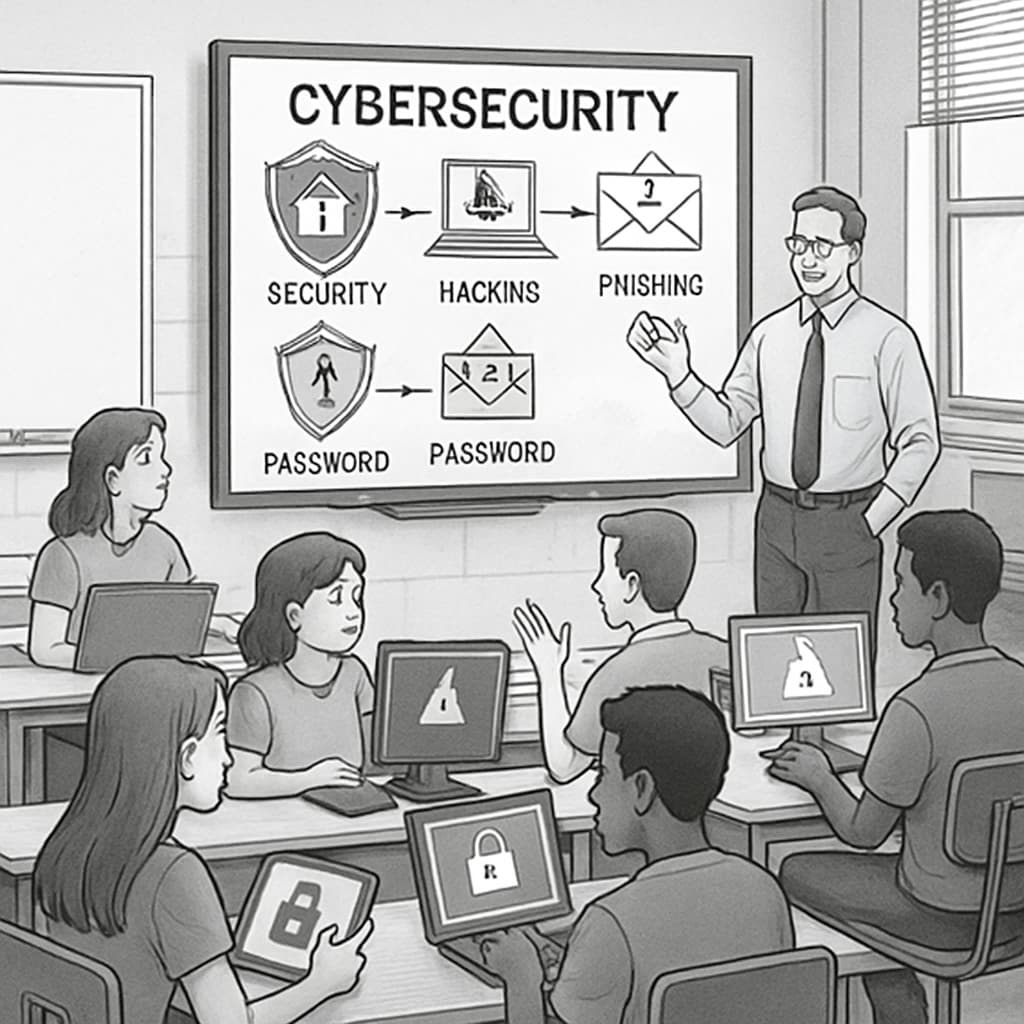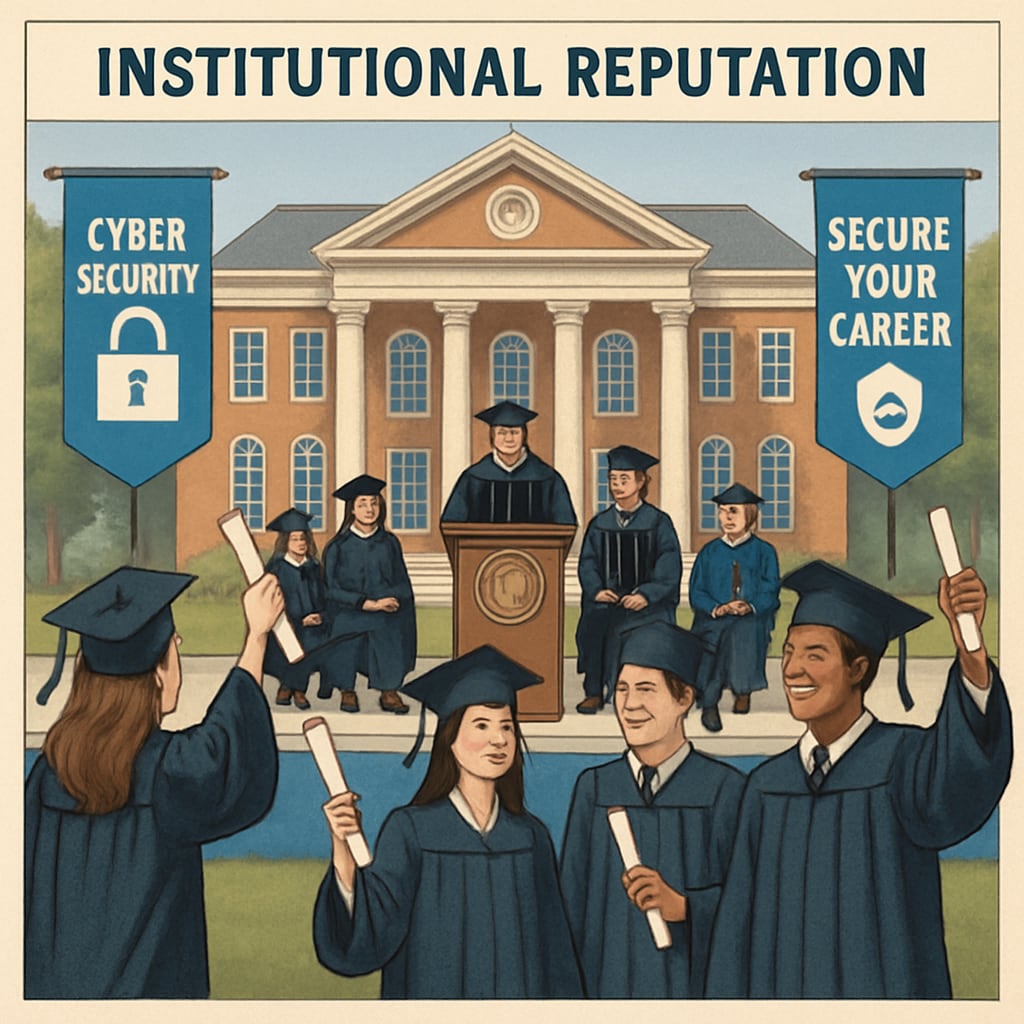In the rapidly evolving digital landscape, university reputation, employment, and cybersecurity careers are becoming increasingly intertwined. Early exposure to cybersecurity concepts during the K12 education phase not only equips students with essential skills but also positions them to succeed in competitive career environments later. This article explores how foundational education in cybersecurity impacts students’ professional futures and highlights the importance of institutional credibility in shaping career trajectories.

Why Cybersecurity Education Starts in K12
Cybersecurity is no longer a niche field—it is a critical component of modern industries. Introducing cybersecurity education at the K12 level addresses growing concerns about digital threats while fostering early awareness. By teaching students about online safety, encryption basics, and ethical hacking, educators can lay the groundwork for careers in cybersecurity. Moreover, these early lessons help students develop problem-solving skills and logical thinking, which are applicable across multiple disciplines.
For example, initiatives like CyberPatriot, a national youth cybersecurity competition, demonstrate the impact of hands-on learning. Students gain real-world experience through simulations and problem-solving exercises, preparing them for advanced studies and professional roles.
The Role of University Reputation in Cybersecurity Careers
While early education is essential, university reputation plays a pivotal role in cybersecurity employment prospects. Employers often associate institutional credibility with the quality of graduates, particularly in fields like cybersecurity where specialized knowledge is required. Prestigious universities with strong cybersecurity programs often provide students with access to cutting-edge research, industry connections, and internship opportunities.
According to a report from Britannica, universities with established cybersecurity research centers tend to attract top-tier faculty and resources, enhancing their graduates’ employability. For students pursuing cybersecurity careers, choosing a well-regarded institution can significantly impact their ability to secure competitive roles in government agencies, tech firms, and financial sectors.

Building Career Foundations: From School to Employment
The transition from K12 cybersecurity education to university-level studies is crucial for career development. Students who show early interest and aptitude in cybersecurity are more likely to pursue advanced degrees and certifications. Universities can further support these students by offering mentorship programs, job placement services, and partnerships with industry leaders.
For instance, some universities collaborate with organizations like CompTIA and CISCO to provide certification courses directly linked to career requirements. These partnerships not only validate students’ technical skills but also enhance their resumes, making them more attractive to potential employers.
Final Thoughts: The Interplay Between Education and Employment
The synergy between K12 cybersecurity education, university reputation, and employment opportunities underscores the importance of a structured educational pathway. By starting early, students build a strong foundation that prepares them for advanced studies and professional success. Institutions with reputable cybersecurity programs amplify this success by connecting students with industry leaders and equipping them with cutting-edge knowledge.
As the demand for cybersecurity professionals continues to grow, ensuring access to quality education at all levels becomes essential. By fostering digital literacy and promoting institutional excellence, educators and universities can help students thrive in an increasingly digital world.
Readability guidance: Use concise paragraphs and include clear transitions to guide the reader. Incorporate lists where applicable to summarize key points. Ensure that complex terms are explained for accessibility. Distribute keywords naturally for SEO purposes without overloading the text.


